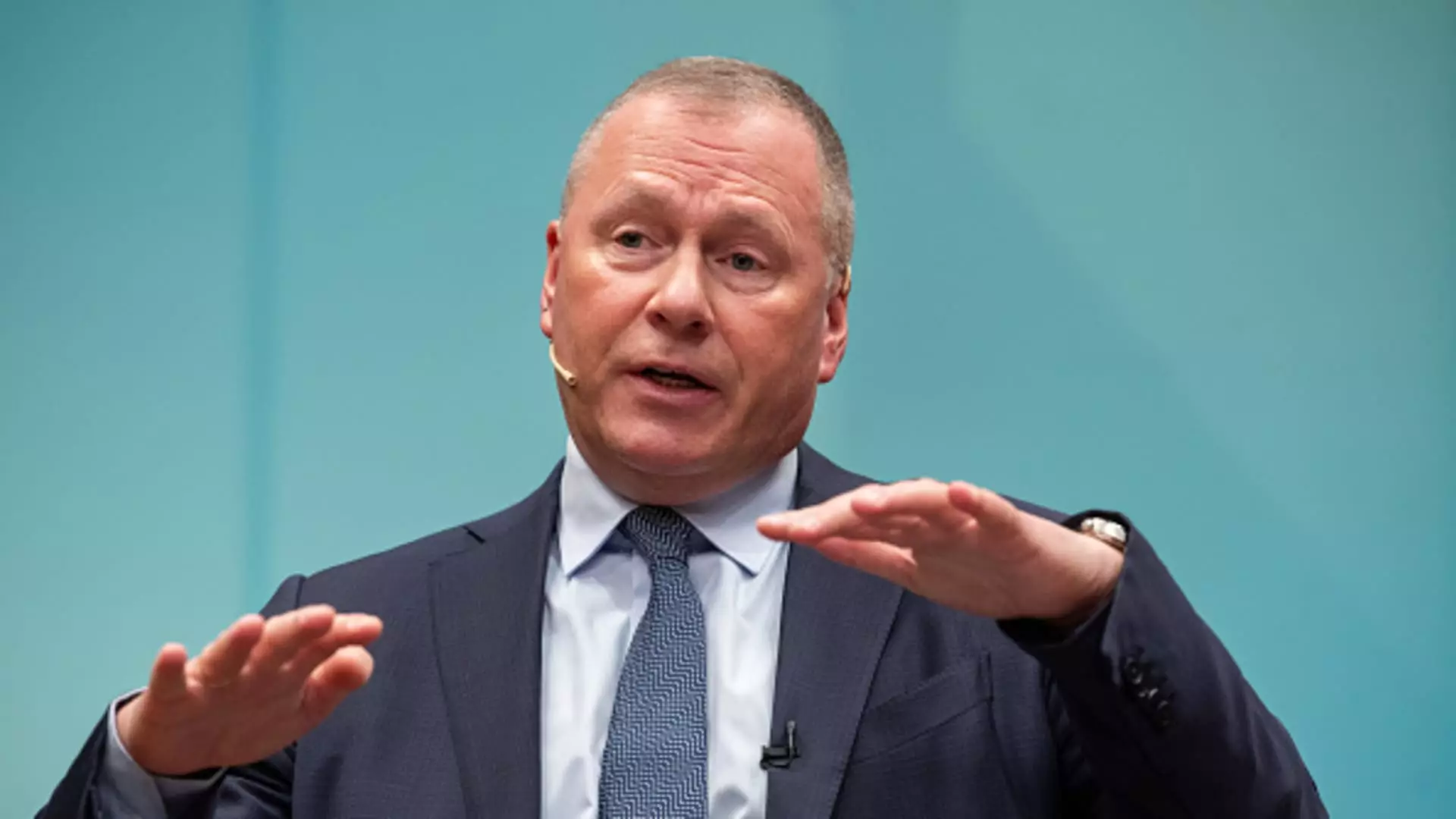Norway’s $1.6 trillion sovereign wealth fund, the Norwegian Government Pension Fund Global managed by Norges Bank Investment Management (NBIM), has made it clear that they will continue to advocate for investments based on environmental, social, and governance (ESG) factors. Despite facing backlash from both ends of the political spectrum, the fund remains committed to prioritizing the impact that companies have on the environment as part of their long-term investment strategy.
In the Western world, particularly the United States, environmentally conscious investments have become a politically polarized issue. Republican lawmakers have criticized ESG as “woke capitalism,” accusing it of prioritizing liberal goals over investment returns. On the other hand, Democratic lawmakers have defended ESG, labeling attacks on ethically responsible business practices as an attempt to manufacture a culture war and protect corporate interests.
Analysts are closely watching this year’s U.S. presidential election to determine the future of ESG investment strategies. The outcome of the election is expected to have a significant impact on the pushback against ESG investments. Despite the political divide, Nicolai Tangen, CEO of NBIM, emphasized the importance of caring about the environmental impact of companies for making good long-term investments.
The controversy surrounding ESG has led some Wall Street firms to reconsider their environmentally conscious commitments. Global sustainable funds experienced net quarterly outflows for the first time on record in the fourth quarter of last year. However, there has been a slight rebound in the global universe of sustainable funds in the first quarter of this year. Data from Morningstar shows that sustainable funds attracted nearly $900 million in net new money in the first quarter, indicating a growing interest in green investments.
Despite the challenges and criticism faced by ESG investments, Tangen noted that the situation has improved slightly in recent years. He highlighted that the competition for green investments has eased, leading to more attractive opportunities for investors. Previously, high prices and low returns deterred investors from entering the green investment space, but Tangen believes that the landscape has improved over the past year.
The future of ESG investments remains uncertain in a politically polarized world. While facing criticism and pushback, the commitment of funds like Norway’s sovereign wealth fund to advocate for environmentally responsible investments sets a positive example for the investment community. As the global landscape continues to evolve, the significance of ESG factors in long-term investing may become even more pronounced, reshaping the way investors approach sustainable investments.



Leave a Reply